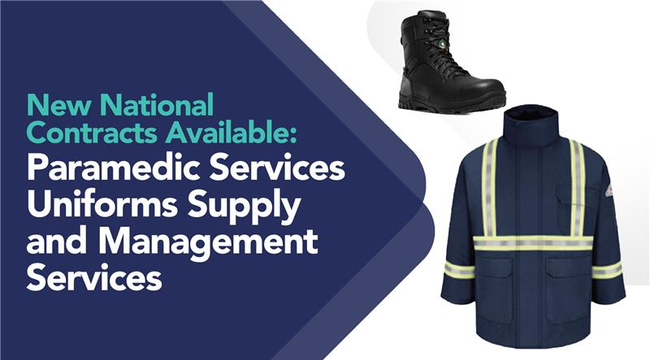HealthPRO Canada News
Meet Dr. Fayez Quereshy: Advancing Patient-Centred Care, Quality, and Collaboration on HealthPRO Canada’s Board

As a new HealthPRO Canada Board Member, Dr. Fayez Quereshy envisions a future where procurement decisions are driven by patient outcomes rather than product specs, creating a healthcare system that’s truly focused on value and quality.
We chatted with Dr. Quereshy about his journey into medicine, his vision for an integrated healthcare system, and how he plans to leverage data-driven insights, foster collaboration, and engage patients in redefining care delivery across Canada.
What drew you to a career in healthcare?
The opportunity to be in the service of others and offer a material impact on their well-being was incredibly compelling. My mother, who served as a significant role model, was a primary care physician in Toronto with a varied career that spanned four decades. Observing the personal and professional gratification that she derived, the deep conviction she had to improve the quality of her patients’ lives, and her passion for continuous learning paved a pathway for me to medicine.
In your view, what does the future of healthcare procurement look like?
Ensuring that we reimagine procurement to be quality and value based. Historically, there may have been an emphasis on a “product-centric” view of materials management and procurement with cost, product specifications, and vendor characteristics at the heart of decisions. I think we need to anchor patient outcomes and satisfaction as being the motivating driver in these decisions.
What makes the mission of HealthPRO Canada meaningful to you?
The tenets of a national procurement strategy founded on integrity with an emphasis on exemplary patient care at a time of a fragmented supply chain and heightened competition resonated with my core values as a physician and healthcare provider.
With an accomplished and impressive career, what are you most looking forward to in this next chapter?
I am constantly looking to see how I can help provide value and work collaboratively for overall system transformation. We are at a unique juncture in the Canadian healthcare context and we have an enormous opportunity to rethink our traditional business models (from supply chain to care delivery). I am excited about the prospect of evolving our system and ensuring that we remain focused on excellence in clinical care while honoring the teams and staff that serve our patients.
What do you see as the key factors in advancing patient safety and quality care within surgical teams, especially in the field of oncology?
A continuous focus on quality improvement with a careful scrutiny of outcome data in a collaborative and constructive approach. I also believe that we need to thoughtfully engage our patients as key partners to better delineate what ‘should’ be defined as the most important outcome variables so that we are approaching quality through a patient-centric lens. Finally, collaborating in a multidisciplinary context with medical and radiation oncologists is critical to unlocking novel therapeutic pathways to improve patient care delivery and cancer-associated outcomes.
What are your personal interests outside of work?
From an academic perspective, I am enthusiastic about measuring and improving cancer-specific outcomes for patients with gastrointestinal malignancies and using data to drive innovation. I am also deeply committed to the education and training of junior surgeons and am frequently reflecting on optimal training paradigms and understanding cognitive capacity and learning styles. Recreationally, I am passionate about road cycling. I took up this sport during the pandemic and love challenging myself to improve while exploring many of the beautiful communities and landscapes within Ontario.
Favourite quote or motto?
“If you cannot measure it, you cannot improve it” – Lord Kelvin


